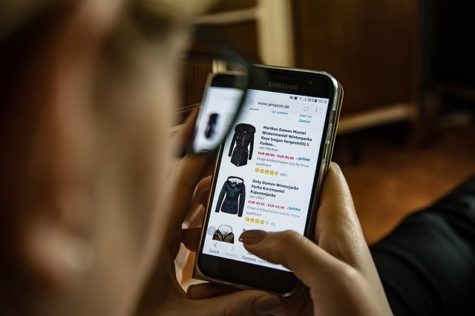INDIANAPOLIS — Always proofread for typos, even on Yelp or Amazon. That’s because when it comes to online reviews, careless errors lower a consumer’s credibility, a new study finds.
Researchers at Indiana University recruited nearly 300 internet consumers to look at product or service reviews containing either typographical errors (e.g., typing “wsa” instead of “was”), spelling errors (e.g., typing “useing” instead of “using”), or none at all.

Interestingly, whether one still placed faith in a reviewer who committed a gaffe hinged on both the nature of the mistake and the evaluator’s general ability to trust others, the researchers found.
Participants who self-identified as tending to have high levels of trust were more likely to overlook misspellings as being “errors of knowledge,” while seeing typos to be more frivolous mistakes that spoke to the reviewer’s lack of credibility.
Conversely, those who were naturally inclined to distrust others didn’t view typographical nor spelling mistakes any differently, suggesting that these potential purchasers may be looking for other indicators to determine a reviewer’s reliability.
“For high-trusters, typographical errors signaled a general lack of conscientiousness or carelessness that harmed reviewer credibility and reduced involvement with the content of the review,” explains Anthony Cox, the study’s co-author, in a university release.
“For example, a typographical error, like substituting ‘regualr’ for ‘regular,’ seems more likely to be attributed to careless writing by someone who ‘knows better,’” he says. “Conversely, a spelling error, like substituting ‘hite’ for ‘height’ might be attributed to a lack of education or to a cognitive challenge such as dyslexia, traits over which the writer has little control.”
Cox believes that online reviews can be both helpful and harmful to consumers, depending on how they are used.
“They are a source of not only information but also misinformation,” he argues. “You don’t know the reviewers. You don’t even know if they are who they say they are, if they’ve actually used the product, or if someone paid them to write the review.”
All in all, knowing what you’re looking for out of a review is probably the best way to ensure you benefit from reading someone else’s two cents.
Cox et al. published their findings in October in the journal Computers in Human Behavior.
